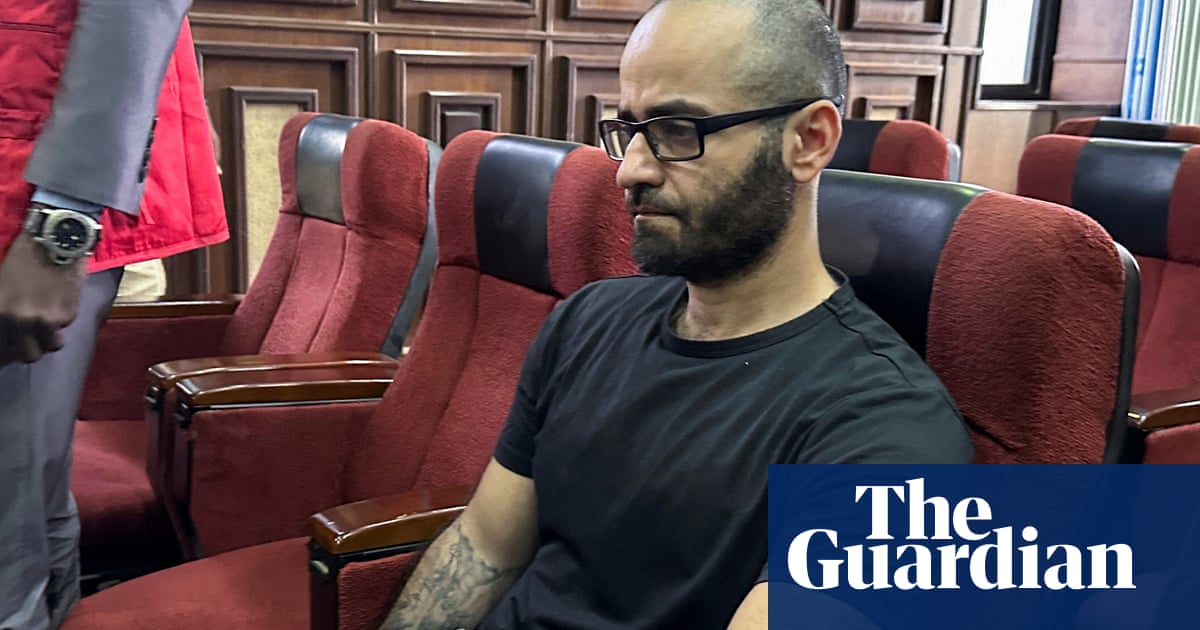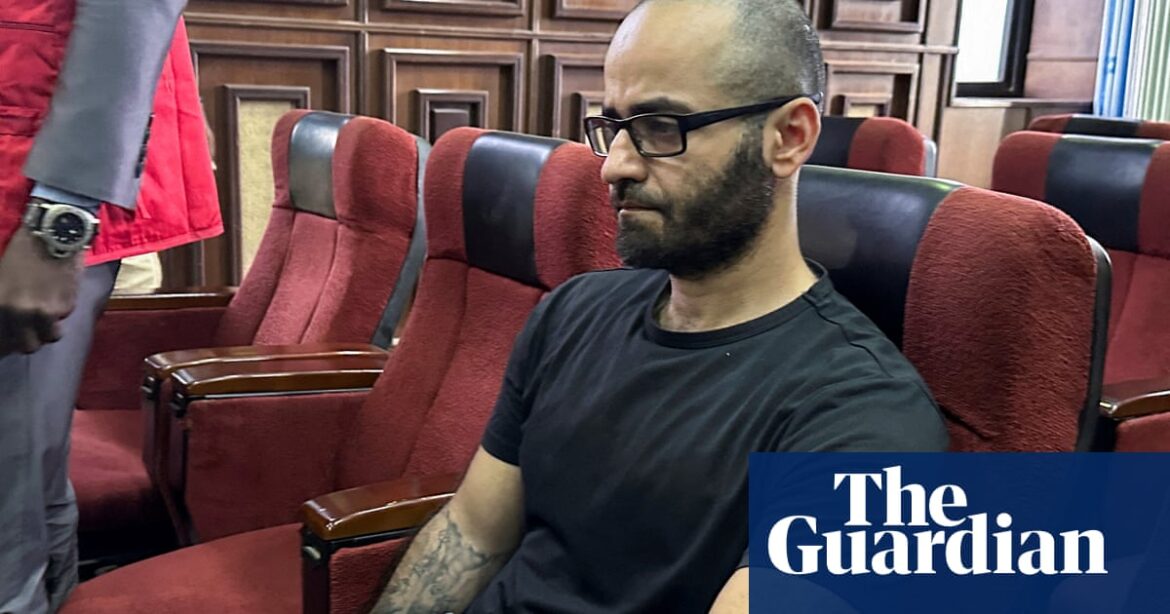
A Nigerian court has ruled that Tigran Gambaryan, the Binance executive detained on charges of tax evasion and money laundering, can face trial on behalf of the world’s largest cryptocurrency exchange.
In a judgment in Abuja on Friday – Gambaryan’s 40th birthday – the presiding judge, Emeka Nwite, denied the American national bail, saying he was likely to abscond.
“The fact that the passport of the defendant is with the complainant does not guarantee that he will remain in Nigeria because the defendant is not only an American citizen but also an Armenian citizen by birth,” local reports quoted the judge as saying.
Gambaryan, who has been held in Nigeria for more than two months, has pleaded not guilty to the charges against him.
On 28 February, Nigerian authorities arrested the former US tax agent, who serves as chief compliance officer of Binance, the largest global cryptocurrency exchange in terms of daily trading volume, and his colleague Nadeem Anjarwalla, upon their arrival in the country.
Afterwards, the Economic and Financial Crimes Commission (EFCC) accused Binance of laundering more than $35m (£27.5m) through its platform. In a separate suit, Nigeria’s tax authority alleged that the company had not registered for remittance purposes in Nigeria and was therefore guilty of tax evasion. The government is also seeking data on prominent Binance users in the country.
Anjarwalla, a British-Kenyan national, has been on the run since March after escaping from custody in Abuja. Some reports claim he was found in Kenya and is on the verge of being extradited to Nigeria.
Binance officials have claimed Nigerian authorities requested a bribe of $150m in crypto funds from the pair during an earlier visit in January. Nigerian politicians said the allegation was “an attempt to distract and draw attention away from the serious allegations of criminality against it” and demanded an apology. They also said the company had used “sophisticated criminality” to help its employee escape.
The exchange has hundreds of thousands of users in Nigeria, one of Africa’s largest economies. It is popular among young people in urban Nigerian areas who use the platform to bypass conventional market platforms, as the naira’s value frequently fluctuates against the dollar. Nigerian officials have argued that trading on Binance has contributed to the naira’s instability.
Gambaryan’s travails are the latest in a series of legal woes Binance has faced in the past year; in April, the company’s founder, Changpeng Zhao, was handed a four-month sentence in the US for money laundering just months after the company was hit with a $4.3bn fine.
For years, Nigerian regulators have tried to control and restrict virtual currency operations in the country. Its central bank governor, Yemi Cardoso, has said there were concerns that currency speculation was rife on cryptocurrency platforms and alleged that Binance helped moved an estimated $26bn in untraceable funds.
In February 2021, Godwin Emefiele – Cardoso’s predecessor, who is now on trial for, among other things, allegedly financing terrorism – directed commercial banks to block accounts of entities involved in cryptocurrency. Eight months later, it introduced a digital version of the naira that was hardly adopted and has been nearly forgotten.
On the eve of Friday’s court session, the EFCC chief, Olanipekun Olukoyede, told the audience at a public function in Abuja that some of those involved in cryptocurrency trading in Nigeria were unwitting conduits for terrorism financiers.
“They are potential platforms to fund terrorism … some of our discoveries during the investigation of some of these platforms were mind-boggling,” he said on Thursday.
Source: theguardian.com



